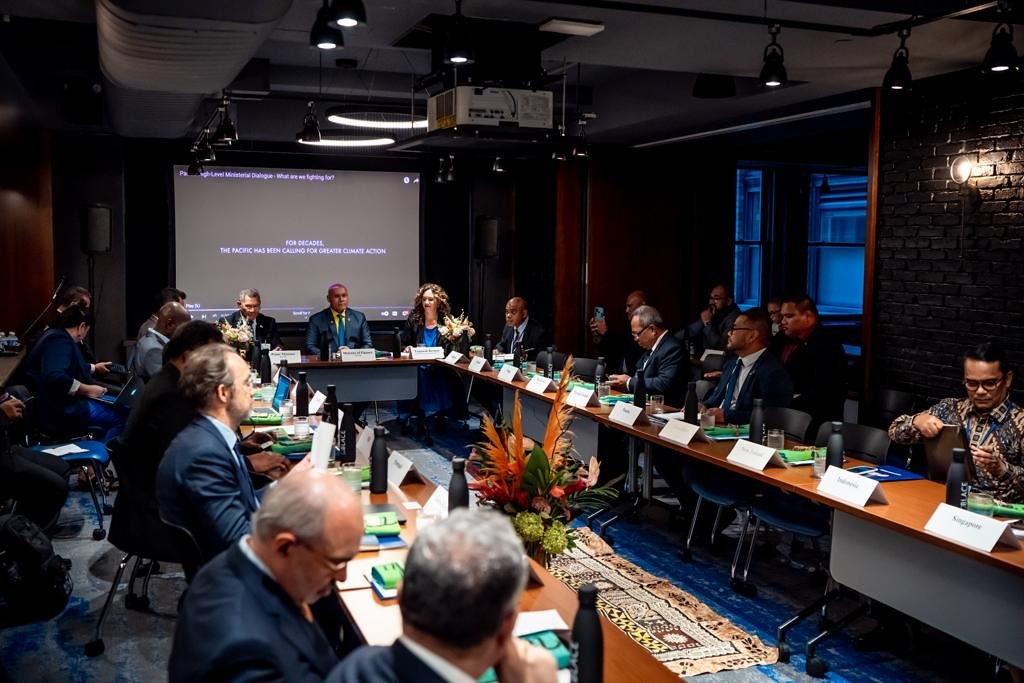The Growing Global Debt Crisis and the Case for a Fossil Fuel Treaty
Debt taken on by Low and Middle Income Countries has doubled since 2010 to now a staggering $6.2 trillion USD. Of huge concern is the fact that nations in response, are being advised to take on new fossil fuel projects to service debt which only increases financial risks and does not deliver energy access and security.
This debt-climate trap is making climate change worse and limiting LMICs ability to diversify their economies and be part of the transition to renewable, low-carbon energy. It unfortunately provides a perfect case in point of a morally bankrupt and unjust international financial architecture and post-colonial power dynamics that have prevented Low and Mid Income Countries (LMICs) from becoming economically and climate resilient.
Take, for example, the fact that 68 developing countries had more money going out then new inflows of public financing because of having to service debt from the International Monetary Agency and other sources. LMICs urgently need creative and equitable financial solutions that meet the challenge of climate change and move them closer to debt sustainability. This could include eliminating debt from which people derived no benefit and which were contracted without consent when creditors were or should have been aware of the circumstances. Yet there is currently no mechanism to advance these solutions.
A Fossil Fuel Non-Proliferation Treaty can provide the missing mechanism needed to overcome the unjust, neo-colonial financial systems driving the debt-climate trap so that as low carbon solutions are being ramped up, the extraction of oil, gas and coal is being wound down at the same time.
Previous climate treaties including the United Nations Framework Convention on Climate Change and Paris Agreement do not directly address the root of the climate crisis - fossil fuels - and this gap allows the contraction to continue. Nor do they provide a mechanism to overcome major barriers in the energy transition, specifically the glaring global inequities that mean some countries that have the capacity to make the shift after from fossil fuels are not, as is the case with countries in the Global North while other countries wanting to be part of the transition are being left behind, particularly Global South nations.
In the short and medium term, the Fossil Fuel Treaty Initiative could develop and trial a new Debt Resolution Facility which would support nations to access, renegotiate and broker their debts while providing proof of concept for the wider necessary reforms mentioned above. In the long term, the Fossil Fuel Treaty could channel financial and technical resources to participating nations including new forms of industrial policy, economic diversification and renewable energy systems.
Now, 16 nations are participating in negotiations regarding a framework and terms for a Fossil Fuel Treaty which would advance equity solutions including just financial reform the world needs. They are led by Small Island Developing States and other LMICs who are proving that climate and equity leadership is being modelled and driven by those have navigated and persevered through systemically unjust systems, face the greatest impacts from climate change and yet are not afraid to call on others to be part of resetting unjust patterns that leave people and the planet in peril.


